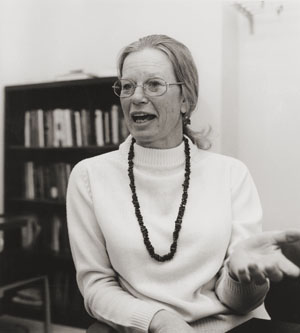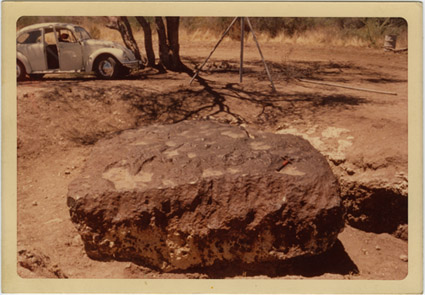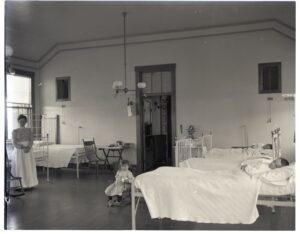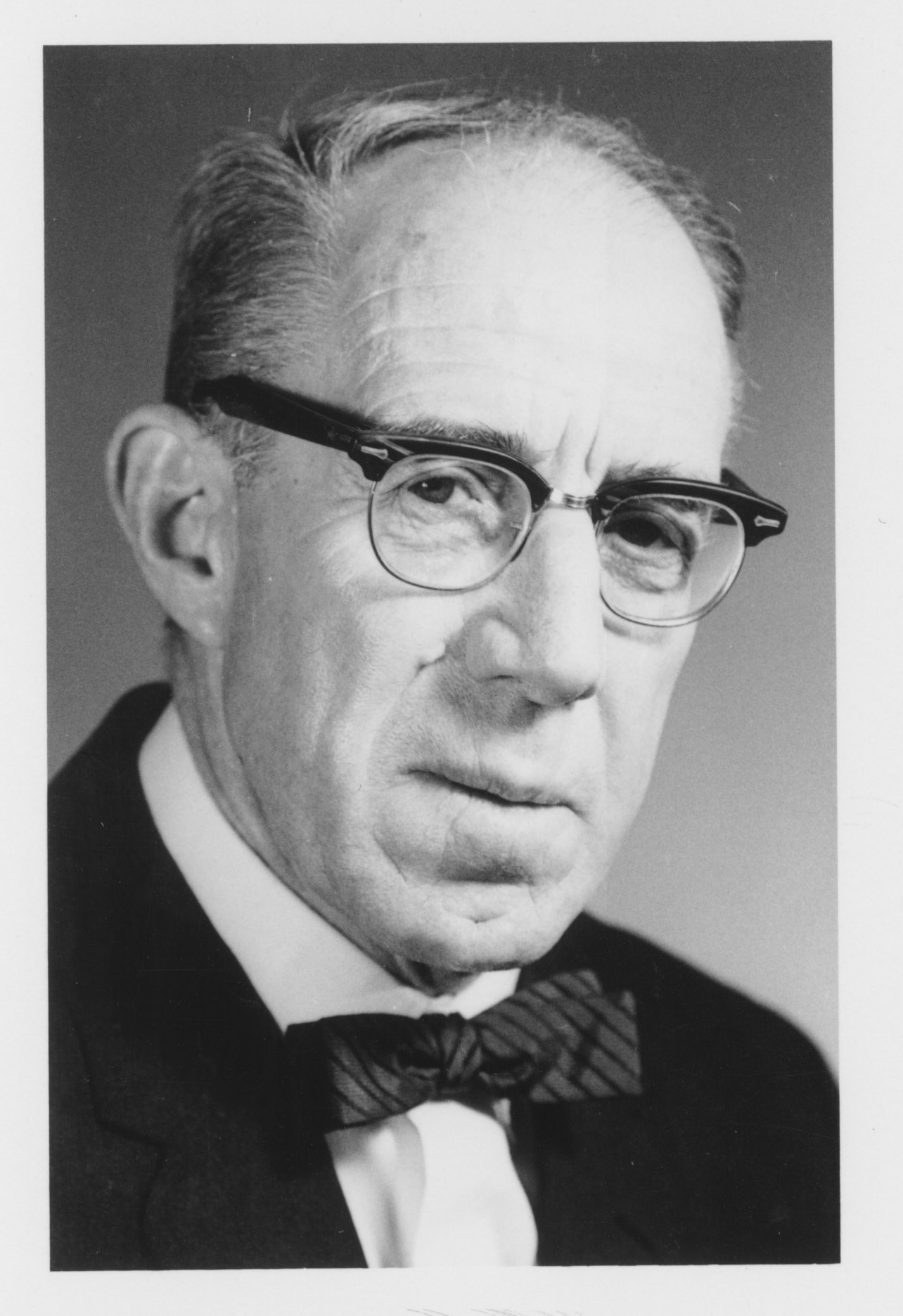Vivian M. Barfield Papers

Vivian Barfield was the first female Assistant Athletic Director at the University of Massachusetts Amherst. Dedicated to the advancement of women’s athletics, Barfield began her tenure at UMass in January 1975. Charged with upgrading the women’s’ athletic program and contributing to the decision-making process in men’s athletics, Barfield made strides to bring UMass into compliance with Title IX of the Higher Education Act of 1972. Barfield was ultimately unsuccessful in her efforts after a disagreement with Athletic Director Frank McInerney about her job description led to her resignation. After leaving UMass, Barfield became the Director of the Department of Intercollegiate Athletics for Women (established 1975) at the University of Minnesota.
Although Barfield’s tenure at UMass was relatively brief, her papers are representative of a specific time in the country and at the University. With materials relating to Title IX, affirmative action, and perhaps most importantly, Barfield’s class action complaint against the University, the Barfield Papers speak to issues of second-wave feminism, women in sports, and discrimination at UMass in the mid-1970s.





 View the
View the